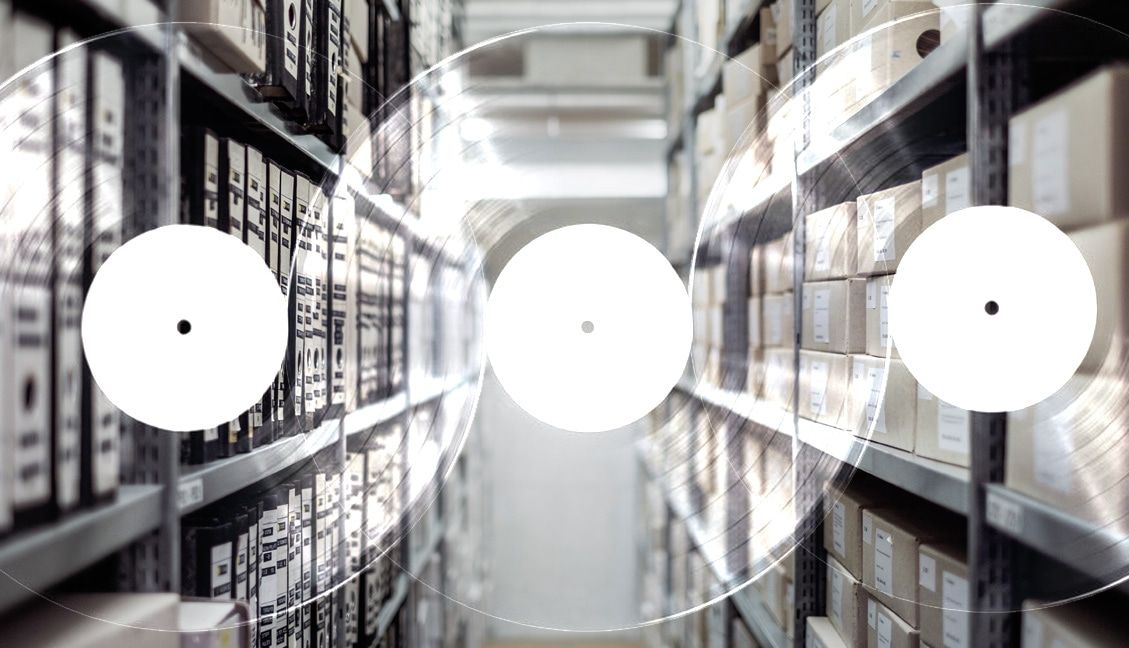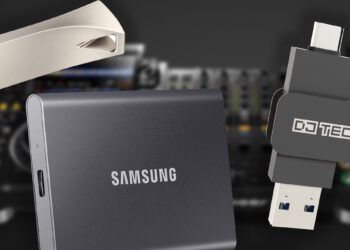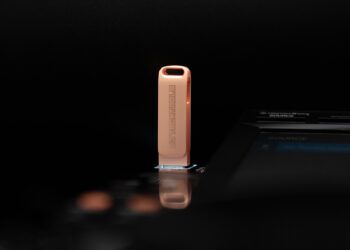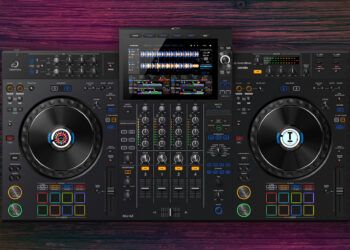We have had an influx of DJs sending us messages asking about fair use, copyright, and the legalities of playing music out in venues. In today’s article, guest contributor Aden Russell has put together a solid refresher on the current state of copyright and sampling legal issues for DJs.
Editor’s note: This article does not intend to be legal advice, nor does DJTT intend to give it, and laws referenced here can change after the publication of the article. Always use a lawyer for professional legal advice.
Over the last 20 years, the law has become quite strict around the implications of using copyrighted material in creative works, including music and audio. Thanks to the advent of technology, sampling, ripping, and recreating have become easier and more accessible than ever before. In 2017, people are even sampling Vines.
At the same time, technology has allowed for copyrighted works to be easily detected on platforms such as Soundcloud and YouTube. For the most part, this means producers making a track or DJ’s recording a mix, have to be careful what they use in their works and where they distribute such things. Likewise, producers have to be very careful when using other people’s music in their own creations; they have to have the permission to do so.

An an recent interview, DJ Shadow made a pertinent observation about the evolution of music and sampling:
“In a strange sense I feel like music has never been worth less as a commodity, and yet sampling has never been more risky. We work in a hyper-capitalist time, where you grab what you can, get everything you can, doesn’t matter whether it’s right or wrong, it doesn’t matter whether it’s valid, it doesn’t matter whether it’s deserved.”
However, in this big pool of copyright stuff, there is a term that industry professionals, as well as other DJ’s/Producers, like to throw around: ‘fair use’. If you’ve heard it, you’ve definitely asked yourself ‘what the hell does this mean?’
The Fundamentals and ‘Fair Use’
Nowadays, it’s obvious for many that in regards to producing music, using copyrighted material without permission is illegal in the majority of countries around the world. This is especially true when monetizing your music, which can have hefty financial and legal implications. If you haven’t heard about the basics of copyright, check out this article we posted a while back.
You can plead ‘fair use’ when distributing produced music for free, but it’s still a risk to take and you can still end up in a legal pickle. But in the world of DJing copyrighted material, it’s a whole different ball game. This is one of those times where that term ‘fair use’ comes into play:
- playing your own music (or official remixes you made) is absolutely fine, because 99% of the time, you own the rights to your own music, unless you gave a label exclusive rights to it
- playing other people’s tracks requires royalties to be paid to those artists. “What! But I’ve never had to pay for anything but the song purchase?” you’re probably saying. Let’s explain what’s going on here.
Copyright in the Booth
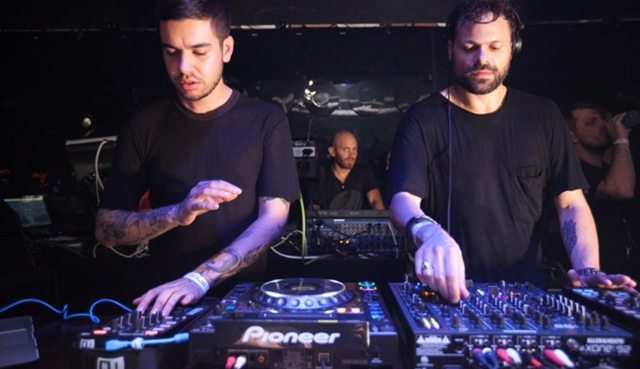
When a DJ plays live at a venue and mixes a collection of tracks, the venue usually pays the licensing fees for the songs that the DJ’s play, 99% of the time, to a Performing Rights Organisation (PRO for short). In the U.S., this is an organisation like ASCAP or BMI (in my country, Australia, it’s called APRA AMCOS).
This means that DJs don’t have to worry about breaching copyright by playing other people’s tracks, because the venue covers you. But what about if we play a sample of an old track and create a live remix out of it, technically creating a ‘new work’ using copyrighted material? In many countries (including the U.S.), DJing is considered a ‘non-fixed medium of expression’, meaning that because a live set is not directly reproducible and distributable, there is a lot more flexibility in the use of copyrighted material in this particular circumstance.
“Under the Copyright Act, a work is fixed in a tangible medium of expression ‘when its embodiment in a copy or phonorecord, by or under the authority of the author, is sufficiently permanent or stable to permit it to be perceived, reproduced, or otherwise communicated for a period of more than transitory duration. A work consisting of sounds, images, or both, that are being transmitted, is ‘fixed’ . . . if a fixation of the work is being made simultaneously with its transmission.'” – Cornell Law School
Modern DJ Technology and Copyright
“Once you add something to the vocabulary, you don’t want to continue to go back to that same way of doing things, because that’s what everybody else is doing now.” – DJ Shadow
In the era of digital DJ technology, playing hybrid DJ/live sets has become more common – including:
- using formats like Native Instruments’ ‘Stems’ to recreate remixes live
- playing acapellas and samples over tracks,
- using Ableton to combine a variety of songs, samples, and stems to create unique new works live
Since live shows fall aren’t fixed mediums, this also gives producers who may have some tracks and/or remixes that contain such material, to play them live without worrying about what could happen as a result, and provides a legal alternative to releasing them.
This gives DJs and producers a lot of creative freedom and expression while playing live, and people love hearing a flip or another take on someone else’s track they all love and know. That this doesn’t mean you can play full songs that you have not legitimately purchased, as any final recording released has to still be owned by you to be allowed to play it. This simply means that you can use those works in new ways without worrying about getting a lawsuit.
Set Recordings
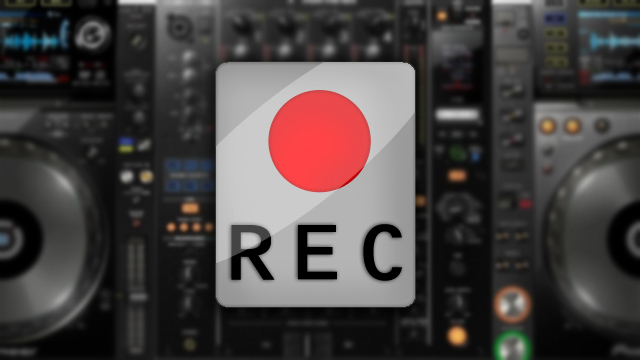
One important note comes into play in regards to performing live and recording it. While the set itself in the moment is not considered a ‘fixed medium of expression’, any recordings, video or audio, technically still can breach copyright.
You can still get into legal troubles when uploading recorded sets to places that do not allow that kind of material. Sites that are allowed to hold DJ sets include Mixcloud and (maybe) Soundcloud. Platforms like YouTube are still a gray area, and DJs need to make sure they 100% have permission to put other people’s works in a mix there, especially when monetizing content. Some uploads manage to get away with it, but it can only be a matter of time.
The Lowdown on DJ Copyright
In summary, the main takeaway is that DJs have a lot more creative freedom in the booth versus in the studio. See what cool things you can do in your DJ set to spice it up, remix a classic, chop some acapellas over your tunes, and do it all live.
Please remember, that if you come across any grey-areas, or need further clarification, this does not negate the need for legal advice. The law is very complex and everyone’s circumstances are different, and the laws differ from country to country, sometimes slightly, sometimes largely. To throw another curveball, the law is constantly changing, and some of the things mentioned in this article can change over time.
If you’re confused or come across a serious issue, the best thing to do is to find a lawyer in your country. Ask them all the tough questions, because an article like this can never supplant real legal advice!


